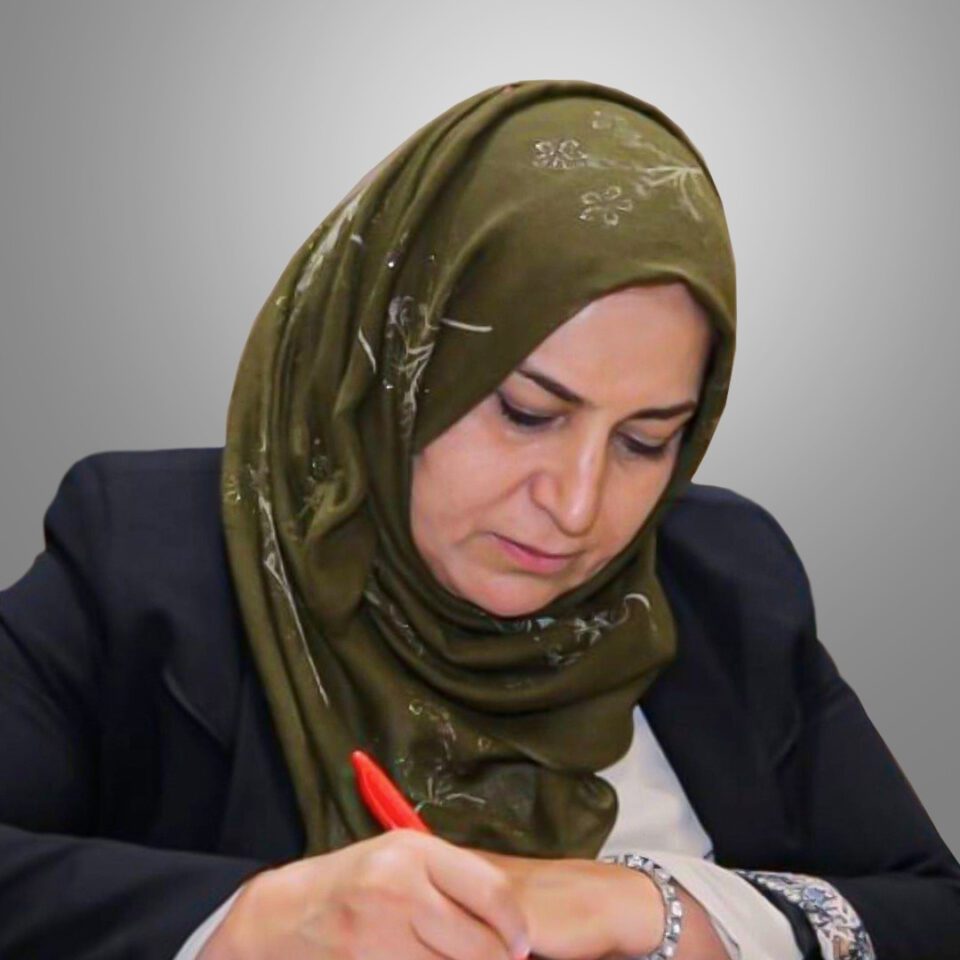By | Dr. Nazaket Hussen
Iraq’s commitment to its constitution is essential for ensuring stability, unity, and coexistence among its diverse ethnic, religious, and sectarian communities. The ongoing challenges between the federal government and the Kurdistan Region largely stem from the failure to fully implement the constitutional framework established after the fall of the previous regime. Given Iraq’s unique demographic composition, a well-functioning federal system remains the most effective governance model for maintaining harmony and safeguarding the rights of all its constituents.
The Iraqi Constitution, ratified in 2005, explicitly recognizes federalism as the country’s governing structure. However, its implementation has been inconsistent, with only the Kurdistan Region fully embracing the system. Despite its commitment to federalism, the Kurdistan Region has faced numerous difficulties due to the central government’s reluctance to uphold constitutional provisions, particularly in budget allocations, oil revenues, and regional autonomy. The decision to cut the Kurdistan Region’s budget in 2014, along with restrictions on its oil exports and the failure to address historical injustices, has placed significant economic and political strain on the region.
Despite these hardships, the Kurdish leadership, under President Barzani, has remained steadfast in its commitment to Iraq’s stability. The Kurdistan Region has played a pivotal role in combating ISIS, supporting national security, and facilitating political dialogue to unify Iraqi factions. These contributions have been instrumental in maintaining Iraq’s federal structure and preventing further fragmentation.
Iraq’s post-2003 political experience, despite its shortcomings, has been relatively more successful than the transitions seen in many Arab Spring-affected countries. The nation has held multiple rounds of elections, established a functioning parliament, and maintained governance despite conflicts and crises. These achievements highlight the resilience of Iraq’s political framework. However, to ensure long-term stability and prevent external interference, Iraq must reaffirm its commitment to the constitution.
Moving forward, the federal government must fully recognize and implement the constitutional rights of the Kurdistan Region. Resolving disputes through constitutional mechanisms—rather than centralized or unilateral decision-making—is crucial for preserving Iraq’s unity. Failure to do so risks further instability and could undermine the progress achieved over the past two decades. Given the rapid changes in the region, Iraq must take proactive steps to strengthen internal cohesion rather than allow external forces to dictate its future.
A genuine commitment to the constitution and federalism will not only reinforce Iraq’s stability but also serve as a model for governance in diverse and multiethnic states.

